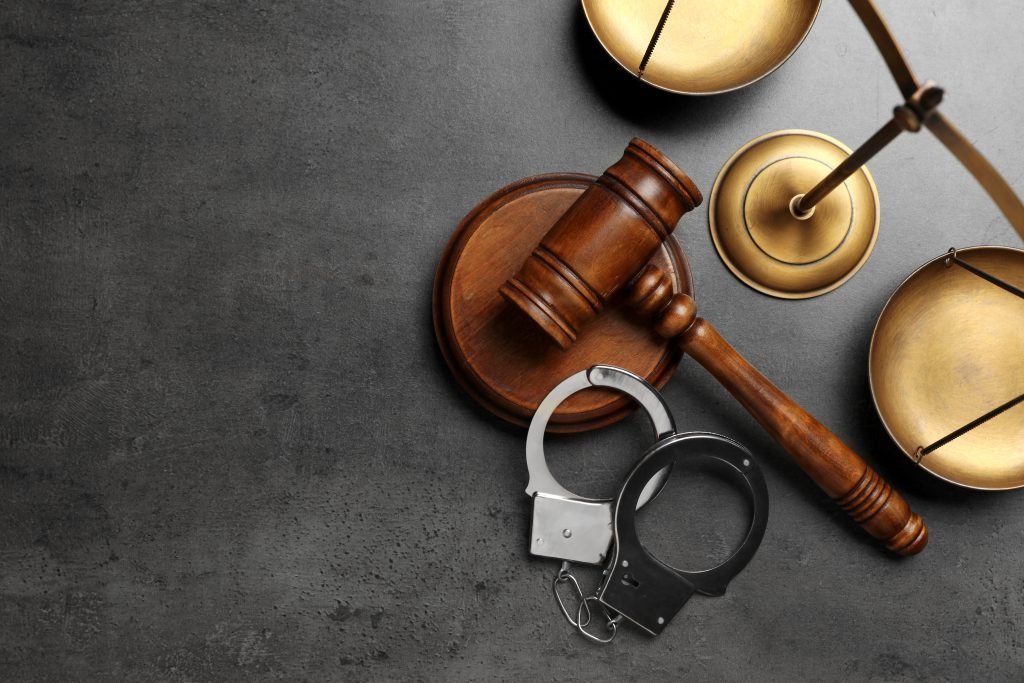Navigating the legal justice system is challenging, explicitly dealing with criminal allegations. Lawyers understand the entire process and its complexities, playing a crucial role in supporting defendants. Both emphasise the importance of patients knowing their rights and the methods that can be used to guarantee fair and equitable results. This blog explores detailed insights into effective defence strategies from seasoned Sydney criminal lawyers.
1. Thorough Understanding of Your Rights
The first and essential process of any criminal defence is an assessment of the defended Australian rights. Among them are the right to mute and the right to engage the services of an attorney. These rights help to refrain a person from incriminating themself and to have adequate Legal Opposition.
Sydney solicitors emphasise that such rights must be employed correctly: it is legal not to speak to the police, but talking to the police without a lawyer could harm your defence case.
2. Selection of an Experienced Solicitor
Selecting the right solicitor to handle your case is very essential. A solicitor specialising in criminal law and alleys to your case will be helpful. One can come up with profound information about particular charges, probable defences, and the features of the law that can become critical in the case.
An adept solicitor will defend your rights in court and guide you through the entire process, helping to alleviate the stress and confusion often associated with criminal charges.
3. Comprehensive Evidence Gathering
A robust defence is built on solid evidence. This includes everything from physical evidence and digital data to witness statements and expert testimonies. The informational interview conducted with the Sydney-based lawyers suggests that the practice of anticipating evidence should be followed.
This could include procuring video surveillance, acquiring photographs with the time stamp, marshalling the correspondence’s records, and looking for people who can support your account. A detailed and systematic collection of evidence can significantly strengthen your defence.
4. Exploring Appropriate Legal Defences
Although there is considerable merit in seeking shelter under the ER, when none of the appellants’ arguments are supported by Article 6(1), Exploring Appropriate Legal Defences is a necessity from which there can be no viable legal defence strategy. Altogether, several criminal defences that may apply to your issue are available based on the charges you encounter. Some of these defences can be self-defence, necessity, pressure, alibi, or mental condition mitigating the crime.
Each defence has specific requirements to argue it successfully in court. Regarding the type of legal defence that should be chosen for your case, only an experienced criminal defence lawyer, knowing the facts of your case, will be able to make a decision.
They shall gather all the evidence to substantiate the issue, extensively probe the circumstances and establish a convincing case to present to the court. Thus, having your lawyer discuss and confirm the lawful defences that suit your case strengthens your chances of success.
5. Effective Negotiation of Plea Deals
Interestingly, it is sometimes possible to obtain the best result through negotiations and not by launching a trial in criminal law. Bargaining down on the charges can help bring up other charges instead or reduce the severity of the punishment given.
Criminal lawyers in Parramatta are skilled in setting deals based on the positive features of the case to be made and the demerits of the case against you.
One of the critical tactics in handling a criminal case is knowing when to plea or when to go to trial; your lawyer will handle this.
6. Rigorous Trial Preparation
This paper concludes that the critical ingredient of defence strategy is thorough trial preparation. It covers making and coaching you and your witnesses to give the best testimony, getting documents ready, comprehending the respective world of the judge and jury members, and building a persuasive narrative that the court would understand or grasp.
Your lawyer will also make direct cross-examination of the prosecution witnesses to respect contradictions or expose the weaknesses in the prosecution’s case. This gives you the best chance to prepare your defence and be able to ensure that you will be forgiven the charges preferred.
7. Deconstructing the Prosecution’s Argument
An effective defence strategy involves a proactive approach to understanding and finding holes in the prosecution’s strategy. This might include questioning the legality of evidence collection, witness testimonies’ reliability, or forensic procedures’ integrity.
Parramatta solicitors excel in meticulously analysing every aspect of the prosecution’s case to find leverage points that can be used in your favour.
8. Providing Continuous Legal Support
The impact of criminal expenses is not restricted to the courtroom; it extends to your non-public and expert existence. Continuous help from your legal team is crucial. Parramatta lawyers provide comprehensive support that covers legal advice, representation, and personal counsel to help manage the emotional and psychological stress that can accompany criminal charges.
9. Educating Clients on Legal Processes
Another responsibility of a solicitor is to make sure that the clients are acquainted with the legal procedures of their matters. This entails informing the patients and the public about the possible durations, phases of the proceeding and other related results. Being informed helps clients make better decisions and reduces the uncertainty accompanying legal battles.
10. Upholding Justice and Fairness
Lastly, the general goal of any criminal defence plan is the protection of justice and fair treatment in the court. Parramatta lawyers are devoted to these principles with much effort, fighting for their clients and advocating for a properly functioning legal system.
Final Words
According to these strategies, criminal defence solicitors in Sydney ensure compliance with the legal aspects of the case while seeking to obtain the best results for the client. This clearly illustrates how legal skills, facts, and detailed knowledge of the judicial system function.

